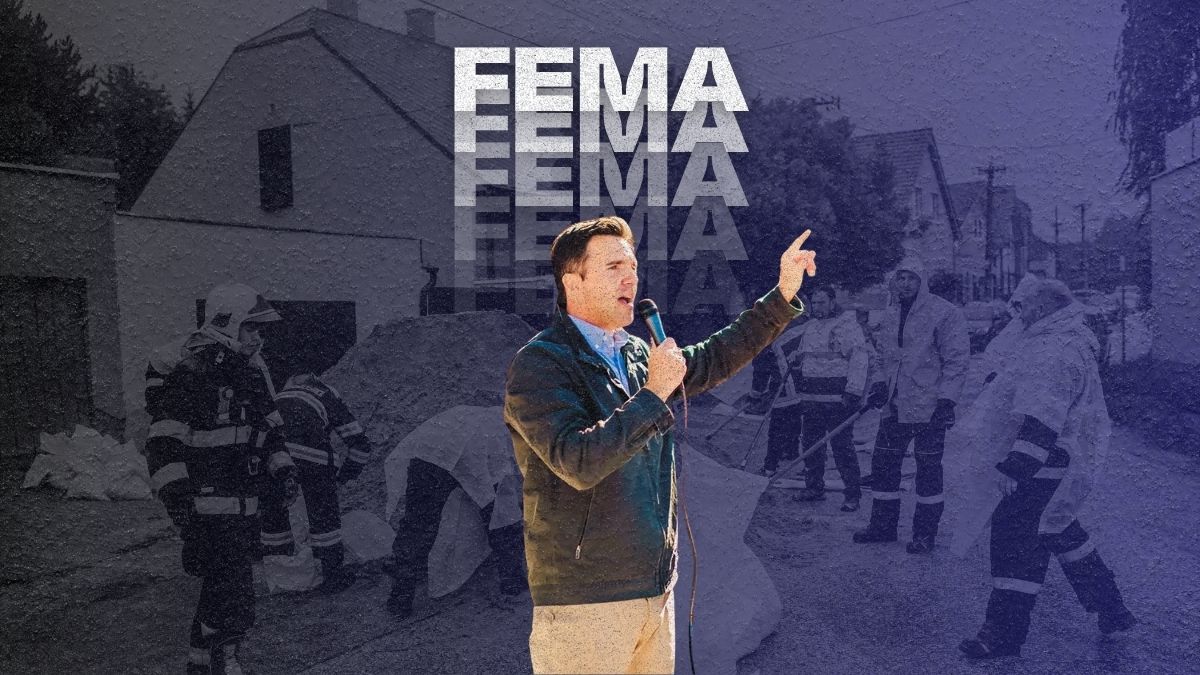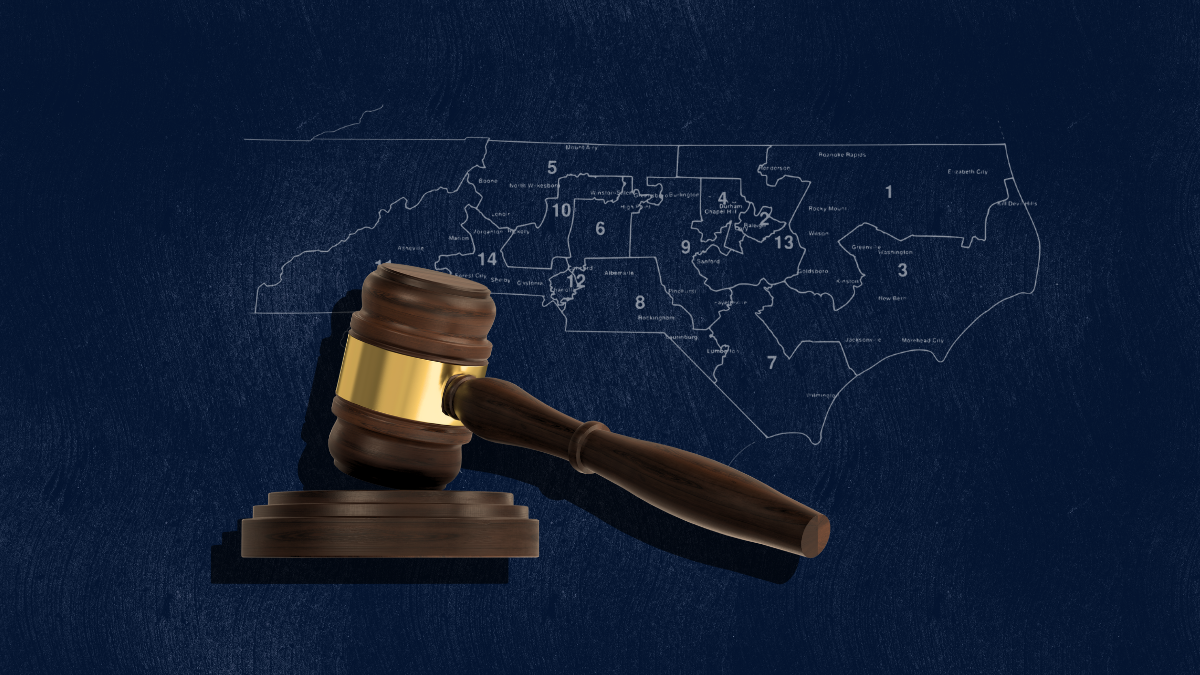U.S. Immigration and Customs Enforcement (ICE) ha programado vuelos chárter diarios entre Charlotte (CLT) y Jacksonville (JAX), además del despliegue de al menos cincuenta agentes en el área de Raleigh...
Read MoreU.S. Immigration and Customs Enforcement (ICE) ha programado vuelos chárter diarios entre Charlotte (CLT) y Jacksonville (JAX), además del despliegue de al menos cincuenta agentes en el área de Raleigh...
Read More
U.S. Immigration and Customs Enforcement (ICE) has scheduled daily charter flights between Charlotte (CLT) and Jacksonville (JAX), in addition to deploying at least fifty agents to the Raleigh area starting December 1, as part of an operation that will last for a month.

“This groundbreaking investment will create more than 5,000 new jobs for North Carolinians and will strengthen our clean energy economy.”

In the past week, we have witnessed North Carolinians stepping up and showing up for each other in numerous ways.

U.S. Immigration and Customs Enforcement (ICE) ha programado vuelos chárter diarios entre Charlotte (CLT) y Jacksonville (JAX), además del despliegue de al menos cincuenta agentes en el área de Raleigh a partir del 1 de diciembre, como parte de una operación que se extenderá por un mes.

North Carolina’s Medicaid program is facing an extreme budget deficit of $319 million that leaders warned would lead to cuts being made if more funds

North Carolina Democrats returned to the state legislature this week to call on Republican leaders to approve full funding for Medicaid. Democrats’ call for Medicaid

As food assistance demand is high and supplies are limited, community and peer-to-peer support are very important as we navigate these difficult times. We need to not only support food banks as much as we can, but also support each other.

“No matter what form of transportation they choose, every North Carolinian should be able to travel safely each day,” Gov. Stein said in a release. “These grants will help us reduce traffic fatalities in North Carolina.”

The task force comes on the heels of the Republican-led state legislature passing, over Stein’s veto, a new law that allows utility giant Duke Energy to increase costs for residential customers, as well as indications that the Trump administration plans to eliminate federal tax credits and other funds for renewable energy projects in North Carolina.

North Carolina is one of the twenty states that have filed the suit against FEMA, and it is not the state’s first lawsuit against the agency. Back in July, North Carolina sued FEMA for canceling $200 million in grants that would’ve helped with climate resiliency projects.

In the state General Assembly, Stevens led the charge to raise the mandatory judicial retirement age so that Newby could complete his term. Newby has since joined the slate of conservative judges to stump for her candidacy in the primary. His wife even personally gave $3,800 to Stevens’ campaign.

A three-judge panel is set to hear arguments regarding the map on November 17th. If legal challenges fail and Republicans are able to rig the vote to elect a Republican in the 1st district, Republicans will have control of 11 of North Carolina’s 14 congressional districts.

El cierre del gobierno federal está provocando la suspensión temporal de cientos de trabajadores del programa Head Start en Carolina del Norte, dejando a comunidades enteras sin servicios esenciales de educación temprana y nutrición infantil.

Lo que muchos pensaron que era una broma de Halloween terminó siendo un reflejo preocupante del clima de miedo que vive la comunidad inmigrante bajo la administración Trump.